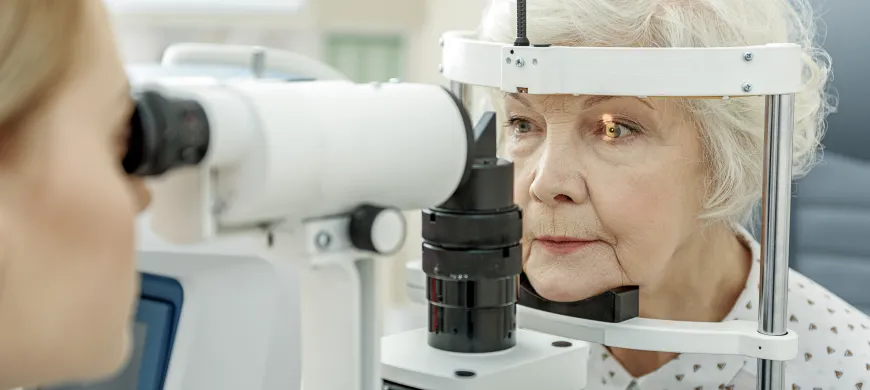Ophthalmology
Eye Care

What is an Ophthalmologist?
An ophthalmologist is a medical doctor (MD) or a doctor of osteopathic medicine (DO) who specializes in the diagnosis, treatment, and management of eye diseases, conditions, and vision problems. Ophthalmologists complete four years of undergraduate studies, followed by four years of medical school, and a residency in ophthalmology, which typically lasts three to four years. Some ophthalmologists also choose to pursue further subspecialty training through fellowships in areas such as glaucoma, retina, cornea, or pediatric ophthalmology.
Scope of Practice:
Ophthalmologists are licensed to provide comprehensive eye care, including:
- Performing eye examinations and diagnosing eye diseases and conditions.
- Prescribing medications to treat eye diseases and infections.
- Performing eye surgeries, such as cataract removal, glaucoma treatment, corneal transplantation, and retinal repair.
- Prescribing and fitting eyeglasses and contact lenses to correct vision problems.
- Managing ocular emergencies and providing pre-and post-operative care for eye surgery patients.
Should I see an optometrist or an ophthalmologist?
Optometrists focus primarily on primary eye care, including vision testing, prescribing corrective lenses, and managing certain eye conditions. Ophthalmologists are licensed to perform eye surgeries and treat complex eye conditions.
Both optometrists and ophthalmologists are equipped to provide routine eye exams and manage many common eye conditions. For most people, visiting an optometrist for regular eye checkups, vision assessments, and corrective lenses is sufficient.
However, if you have a history of eye disease, a family history of eye conditions, or if you are experiencing symptoms that may suggest a more severe eye problem, you will consult an ophthalmologist. Additionally, if you require eye surgery or the management of a complex eye condition, an ophthalmologist is the appropriate choice. They have the necessary medical training and expertise to perform a wide range of surgical procedures and treat more advanced eye diseases.
Our Locations
-
Tennessee Eye Care - Knoxville
320 Cheshire Drive Knoxville, TN 37919
(800) 500-4667
-
Tennessee Eye Care - Lenoir City
5491 Creekwood Park Blvd Suite A Lenoir City, TN 37772
(800) 500-4667
-
Tennessee Eye Care - Morristown
1639 West Morris Blvd Morristown, TN 37813
(800) 500-4667
-
Tennessee Eye Care - Powell
7714 Conner Road Suite 102 Powell, TN 37849
(800) 500-4667
-
Tennessee Eye Care - Harriman
1798 Roane State Hwy Harriman, TN 37748
(800) 500-4667
